A Different Kind of Heartache This Valentine’s Day: The Rise of Heart Attacks in Young Adults
Real Nutri CoA New Concern for a Young Generation
Valentine’s Day is all about hearts—whether in chocolates, greeting cards, or romantic gestures. But beyond the symbolism, there’s a growing concern about the actual health of our hearts, especially among young adults. Heart attacks, once considered an issue affecting middle-aged and older populations, are now increasingly impacting those in their 20s and 30s. The numbers are alarming, and understanding why this is happening is crucial.
Heart Attacks in Young People: A Growing Trend
Recent studies show that heart attack rates among adults under 40 have been rising significantly in the past decade. Traditionally, heart disease was associated with aging, but today, lifestyle factors and genetic predispositions are leading to earlier onset. This means that younger people—who often consider themselves in their prime—are unexpectedly experiencing cardiovascular events.
Probable Causes of Heart Disease in the Young
Several factors contribute to this rise, and many are linked to modern lifestyles:
- Unhealthy Diets – Increased consumption of fast food, processed meals, and sugar-laden beverages has led to poor heart health at an early age.
- Physical Inactivity – Sedentary lifestyles, fueled by desk jobs and excessive screen time, have significantly reduced physical activity levels.
- Obesity & Metabolic Disorders – High rates of obesity, diabetes, and high cholesterol among younger individuals increase the likelihood of heart disease.
- Smoking & Vaping – Tobacco and nicotine-based products significantly heighten the risk of cardiovascular disease.
- Substance Abuse – The use of recreational drugs, including stimulants, can strain the heart and lead to fatal complications.
- Chronic Stress & Mental Health Issues – High stress levels, anxiety, and lack of proper coping mechanisms negatively affect heart health.
- Genetic Factors – Those with a family history of heart disease are naturally at higher risk, making early intervention essential.
How to Protect Your Heart: Prevention Strategies
While some risk factors, like genetics, cannot be changed, lifestyle adjustments can significantly reduce the chances of heart disease:
- Adopt a Heart-Healthy Diet – Opt for whole foods, rich in fiber, lean proteins, and healthy fats while cutting down on processed foods.
- Stay Physically Active – Engage in at least 150 minutes of moderate exercise weekly.
- Monitor Key Health Metrics – Regular check-ups for blood pressure, cholesterol, and blood sugar levels can help in early detection.
- Avoid Smoking & Limit Alcohol – Eliminating tobacco use and moderating alcohol intake can drastically improve cardiovascular health.
- Manage Stress Effectively – Practices like mindfulness, yoga, and adequate sleep play an essential role in maintaining a healthy heart.
Nutrition & Heart Health: Is It the Key?
Nutrition plays a pivotal role in cardiovascular well-being. A diet rich in whole grains, vegetables, fruits, and lean proteins supports heart health, whereas processed foods, excess sugars, and trans fats accelerate heart disease progression. While diet alone may not eliminate risk, it is one of the strongest tools available to keep heart health in check.
Final Thoughts: A Heartfelt Reminder
This Valentine’s Day, while we celebrate love and affection, let’s also take a moment to reflect on our own well-being. A strong, healthy heart is one of the greatest gifts we can give ourselves and our loved ones. Small changes today—better food choices, increased physical activity, and stress management—can help ensure a healthier future. After all, taking care of your heart now means it will take care of you for years to come.
